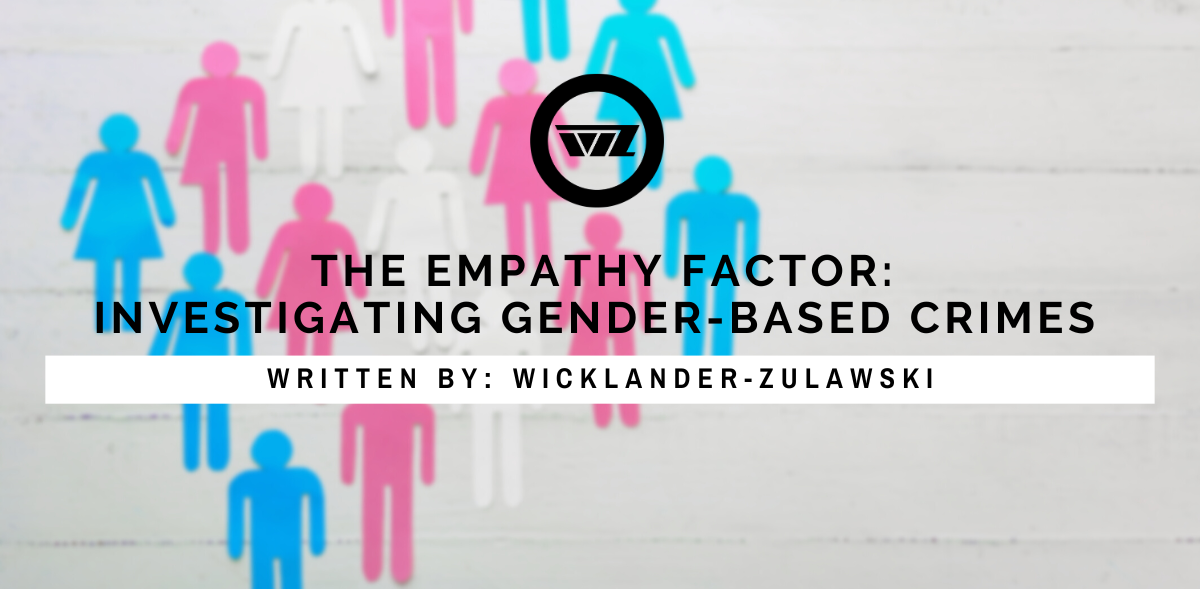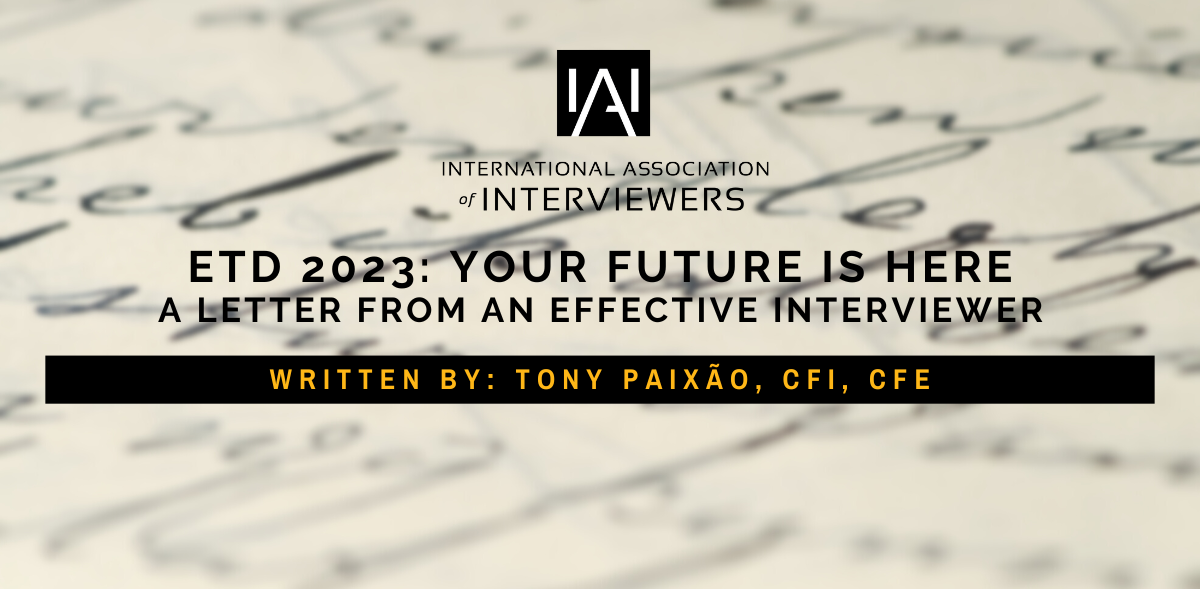Who knows better? The practitioner who has executed a skillset in real-life scenarios, experienced the nuances of their trade and battled through them; or the academic who has scientifically tested their theories and submitted themselves to scrutiny by peers and colleagues as to the accuracy of their empirical studies? The answer is both, together.
Making a real impact in any industry requires input from both the practitioner and academic communities in a collaborative environment with open minds and engaged participants. Although my focus is in the vertical of “interview and interrogation”, we see these same principles applied across many disciplines. Coaching staffs for professional sports teams typically consist of the “practitioner” (former player) and the “academic” (expert in the study of the game.) In the medical community, there are practitioners consisting of doctors and surgeons taking direction from biomedical engineers and researchers who may never have performed a surgery or practiced medicine.
In the field of interviewing, there is no shortage of practitioners or academics to connect with – but selecting the appropriate partners can prove to be difficult on both “sides” of the fence. In my experience, there are certain qualities that are important in the ideal collaborator. Becoming an agent of change and a valued partner in a collaborative environment requires essential characteristics.
Integrity
This is a relationship that can only exist with a foundation built upon trust. Having integrity in these partnerships is apparent when difficult decisions are made, maintaining confidential conversations and preserving the genuine intent of making a difference. Incentives such as financial gain or notoriety blur the vision of a partner from their principles, whereas a trusted relationship has immovable trust.
Open-Minded
Any collaborator that has decided their opinion is the only right one has minimal value in a partnership. The refusal to adapt and the ignorance to understand other perspectives serves not for collaboration, but instead, as motivation to remove them from the conversation. Having perspective through the variety of lenses observing a common goal is important in determining the appropriate solution to a problem.
Thought-Provoking
Disagree, respectfully. There are countless advisory boards, associations, and partnerships where people surround themselves with others that have the same thought process. This is known as affinity bias, and only perpetuates the status quo without ever identifying a need for change. Partners should feel comfortable in challenging each other and accept the same of themselves. An ideal collaborator is one who has identified a common problem but has an expanded scope or alternative solution.
Impact-Driven
Talk is cheap, and easy. If the goals of the group are to impact change and make a difference, there needs to be a dedicated movement to action. Collaborators may conceptualize and strategize a plan over time but need to be committed to implementation yielding actual results.
Inspiring
Walking out of a meeting that consisted of a collaborative debate and disagreements should not be disheartening, but rather, inspirational. A supportive partner, while challenging, should continue to promote the proverbial “light at the end of the tunnel”. Leaving a conversation with a mutual goal, an action plan to achieve it and a new way of thinking describes some of the most motivating moments I’ve had in my career.
Wicklander-Zulawski has taken great strides in becoming valued as a partner and collaborating with the academic community, litigators, practitioners and advocates in the criminal justice system. We seek relationships that demand thought-provoking, challenging conversations resulting in the evolution of our training while maintaining the integrity of our messaging. We work towards a common goal in the name of justice through these valued partnerships by embracing research and valuing practical experience in a collaborative environment.
David Thompson, CFI, is the President of Wicklander-Zulawski & Associates, Inc. (WZ). He is responsible for the day-to-day operations of WZ, as well as strategic planning and the evolution of interview and interrogation content. David has also served as the Director of Investigations giving him the opportunity to manage a variety of cases while conducting interviews and consulting on investigations ranging from theft and fraud to sexual harassment and homicide. As a speaker for WZ, David has created customized training programs, presented at seminars, hosted a variety of webinars as well as conducted live broadcasts of training.





September 8, 2019, 12:35 am
I really like it when individuals get together and share
opinions. Great blog, stick with it!